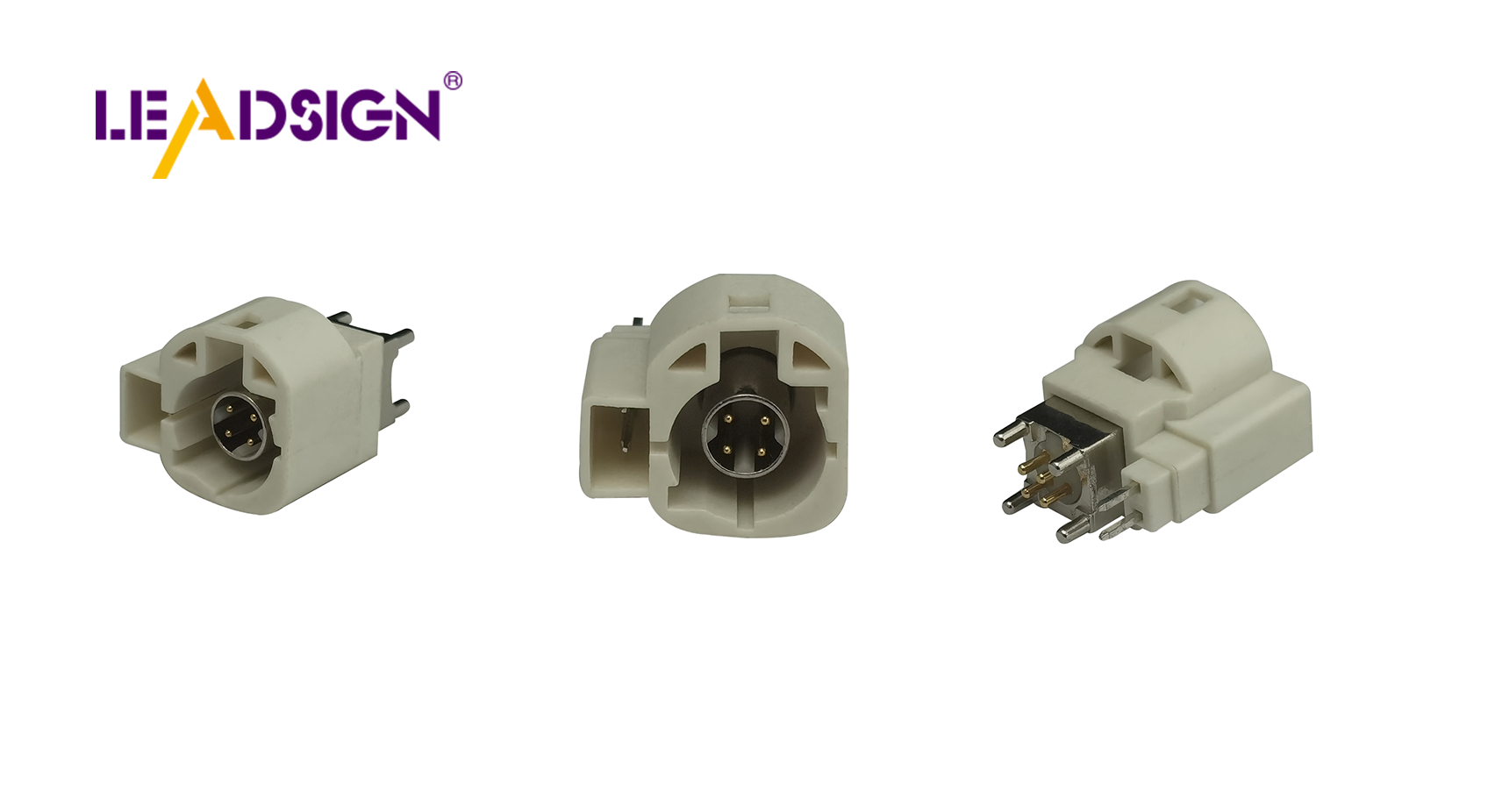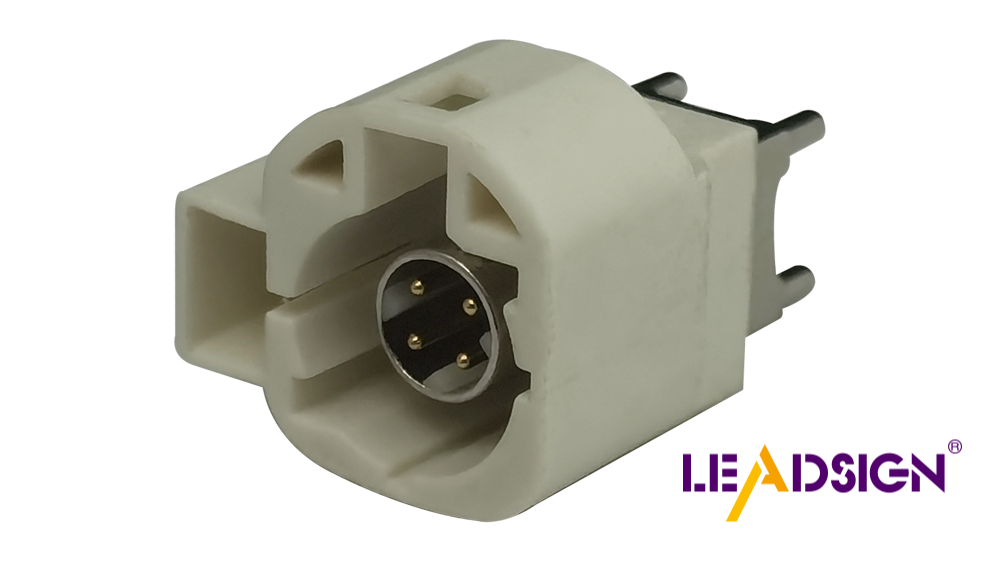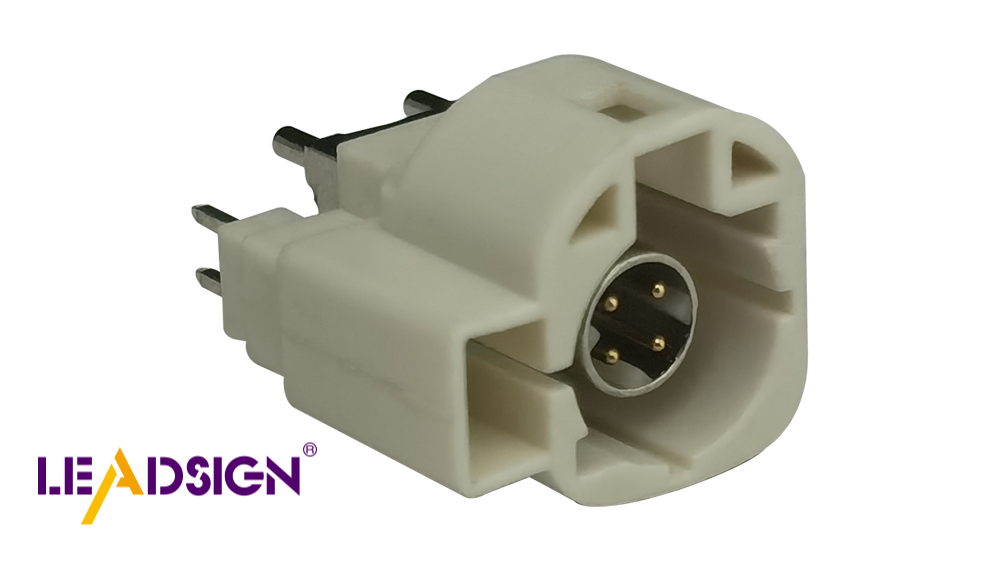What You Need to Know About Automotive Wire Certifications

Automotive wire certifications are crucial in vehicles, ensuring both safety and reliability. As cars become increasingly electric, high-quality auto wire is essential. These certifications demonstrate that the wires comply with stringent standards, helping your car's electrical components function optimally. They support both basic and advanced features, preventing failures and enhancing performance. Certified automotive wires are indispensable for modern vehicles.
Types of Automotive Wire Certifications

Knowing about automotive wire certifications is important. They help keep your car's electrical systems safe and reliable. These certifications make sure the wires in your car meet certain rules, giving you peace of mind and good performance. Let's look at the different types of certifications.
ISO Standards
Overview of ISO standards for automotive wires
The International Organization for Standardization (ISO) sets worldwide rules for quality and safety. ISO standards for automotive wires make sure they meet global rules for how well they work and last. These rules cover things like material quality, environmental effects, and electrical properties.
Key requirements and testing procedures
ISO standards need tough tests to check if wires can handle hard conditions. Tests check things like heat resistance, electricity flow, and strength. By following these rules, makers ensure their auto wire products are safe to use in cars everywhere.
UL Standards
Overview of UL standards for automotive wires
Underwriters Laboratories (UL) gives another set of important rules for car wires. UL focuses on safety and making sure the wires don't cause fires or electric shocks. These rules are well-known in North America and help keep cars very safe.
Key requirements and testing procedures
UL standards have detailed tests to check how safe and efficient car wires are. Tests include checking if they catch fire easily, how long they can handle voltage, and if their insulation is strong. Meeting UL standards shows that makers want to produce safe auto wire products.
SAE Standards
Overview of SAE standards for automotive wires
The Society of Automotive Engineers (SAE) offers special rules just for cars. SAE standards deal with challenges like extreme temperatures and shaking that car wires face. These rules help make sure the wires work well in tough car environments.
Key requirements and testing procedures
SAE standards like SAE J1128 give details about different wire types such as SXL, GXL, and TXL wires. These are known to be very reliable in cars. Testing looks at how strong, flexible, and resistant to weather the wires are so they can handle tough use in cars.
Requirements and Testing Procedures
General Requirements
Safety and reliability standards
Car wires must be safe and strong. They need to work well every day in cars. Wires should handle very hot or cold weather. They must not break down with car fluids or chemicals. This keeps your car's electric parts safe from problems like fires.
Compliance with industry regulations
Car wires must follow rules for safety and quality. These rules make sure wires work well in cars. When makers follow these rules, you know the wires are good for your car. This makes you feel safe about using them.
Testing Procedures
Types of tests conducted
Car wires go through many tests to check their strength. Tests see if they bend easily and resist wear and tear. This stops the wires from breaking over time. Wires are also tested in hot, cold, and wet conditions.
Importance of rigorous testing
Testing is key to making sure car wires are safe. Makers find weak spots by testing before selling them. This way, the wires you use will work well in all situations, keeping your car's electric system safe.
Benefits of Using Certified Wires

Certified car wires have many good points. They make your car safer and work better. Knowing these helps you pick the right wires for your car.
Enhanced Safety
Protection against electrical failures
Certified wires keep your car safe from electric problems. They are tested to handle tough conditions like heat and car fluids. This stops short circuits and other issues that can be dangerous. Using certified wires lowers the chance of electric problems on the road.
Assurance of quality and performance
Choosing certified wires means you get good quality. These wires meet strict rules, so they work well in cars. Tests check if they are strong and conduct electricity properly. This gives you peace of mind because your car has top-notch parts.
Performance and Compliance
Improved performance in automotive applications
Certified wires help cars perform better. They support new features like music systems and GPS. These wires send data fast and power things well, making your car run smoothly. They also save fuel by using energy wisely.
Meeting industry standards and regulations
Using certified wires means following important rules for safety and quality. Standards like ISO, UL, and SAE set these rules for car wiring. Following them keeps your car legal and safe to drive.
Choosing the Right Certified Wires
Picking the right car wire is important. It helps your car's electric system work well. There are many types and certifications of wires. This can make choosing hard. But, by thinking about certain things and learning new trends, you can pick what fits best.
Factors to Consider
Application-specific requirements
Think about what your car needs when picking a wire. Different wires like SXL, GXL, and TXL have different insulation and bendiness. SXL has thick insulation for hot places. GXL and TXL are thinner and bendy for tight spots. Knowing this helps you choose the right wire for your car.
Cost vs. quality considerations
You need to balance cost and quality when buying wires. Cheap wires might not last long or be reliable. Good certified wires follow rules and save money over time. Also, check the wire size to stop overheating and share power well.
Emerging Trends and Future Developments
Innovations in wire certifications
Car industry keeps changing, so do wire rules. New ideas make wires safer, better working, and eco-friendly. New stuff makes wires lose less energy and work better. Knowing these changes helps you pick top-performing wires.
Future outlook for the automotive industry
The future of car wiring is in electric cars' growth. As tech grows, good auto wire is more needed than ever. Look for new materials that send data fast and handle more power. Watching these trends keeps your car with the best wiring.
Choose certified car wires for safety and trust. Certified wires follow strict rules, giving you confidence and good performance. Think about what your car needs and the balance between cost and quality. Keep up with new wire trends that make them work better and are kinder to the environment. These changes help you pick the best wires for your car. Using certified wires is key to stopping problems and keeping your car's electric parts working well.
See Also
Exploring HSD Connectors' Fundamentals in Auto Sector
Significance of FAKRA Connectors in Auto Uses
Significance of Fakra Connectors in Today's Cars

